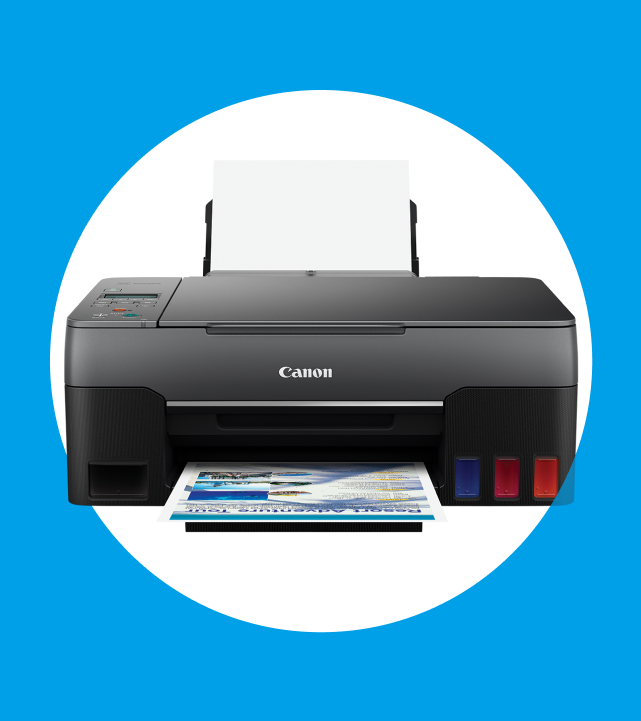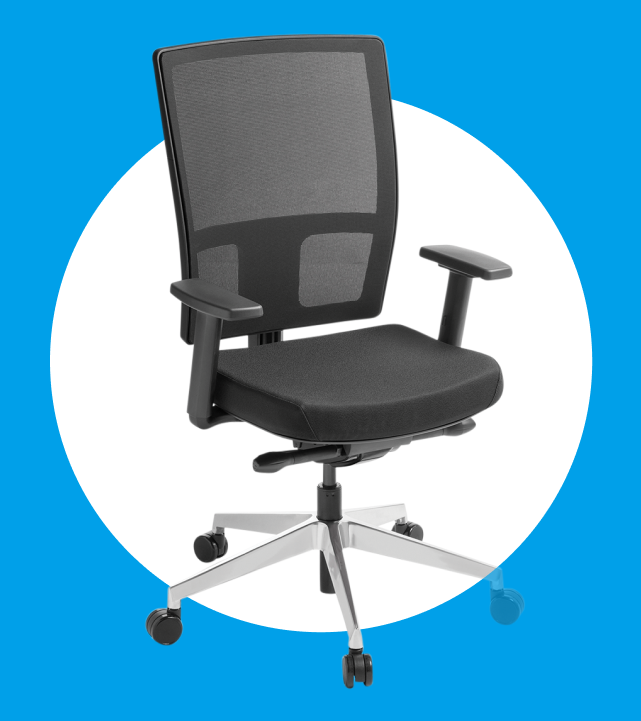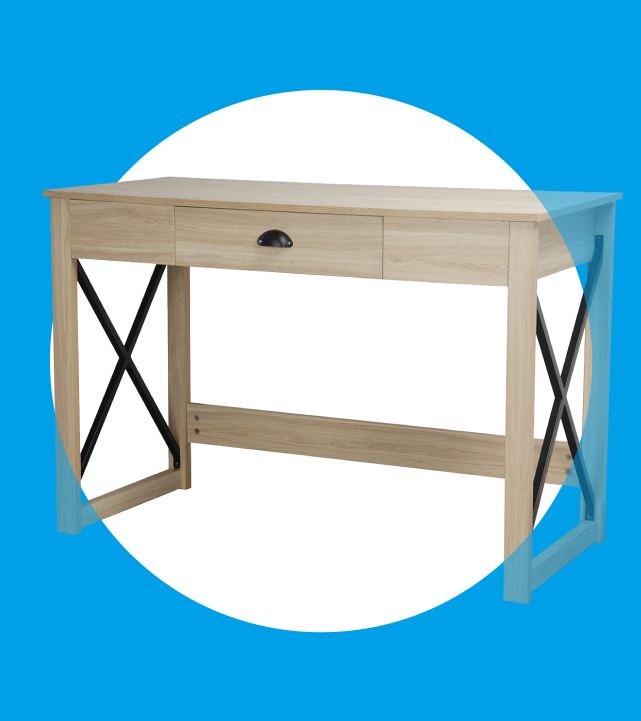GROWING PAINS
The secrets to an effective interview
At first glance, conducting a job interview doesn’t seem that hard, right?
All you need to do is meet the person, shake hands, have a laugh, see if you can relate to them, ask some questions.
Unfortunately, this casual approach is all too common among small businesses. And it can ultimately cost you, your business and your reputation as a business leader.
Why? Simply put, you are much more likely to end up with someone who – although they may interview well or are similar to you – isn’t good at the job.
So, how do you avoid this pitfall? As a budget-constrained small business without qualified HR staff, how do you conduct an effective interview?
Don’t go with gut feel
Us kiwis tend to be a friendly, casual bunch, and can sometimes think that our instinctis a good judge of a person and their abilities.
When you are interviewing someone for a professional role, however, I urge you not to rely on gut feel.
The fact that the person you are interviewing has a kid in the same soccer team as yours is not a reason to choose them. Neither if they have a good smile and can make you laugh.
As I’ll show below, the core of every productive interview is planning, gathering data in an objective way, not being afraid to draw out a person’s job and life story, and treating it as a two-way street (that is, it’s as much about selling your business, as it is about finding out about the person you are interviewing).
I’ve talked before about how to find the ideal candidate, so won’t go into it here. And I’ll talk about how to assess all the CVs you receive after advertising your job vacancy in another blog. What I will cover next is how to assess a candidate.
Score their skills
Once you have your list of candidates, you need to create a framework for gathering objective data during interviews with them. For this I recommend setting up a scoring matrix.
Come up with five to ten skills that you want the candidate to have coming into the role (which you will have done if you’d followed the steps in my previous blog), and then order each skill according to a 1-5 weighting of importance.
While interviewing, note if the candidate clearly demonstrates one or more of your desired skills. E.g., as per the table below, if you have technology as a skill and gave it a weighting of 5, and the person shows that they can use relevant tools well, then they would score 5 points. If this skill had a weighting of 2, then they’d score 2, and so on.

This means never scheduling interviews back-to-back, because you will need reflection time after an interview.
Now, to crafting your questions. Again, these are key, and it’s worth setting aside as much time as you can to put them together.
Past behaviour is a good indicator of future performance
The bulk of your questions should be a mix of what are known as behavioural and situational questions.
Study your candidate’s CV, and their particular job experiences, and then base the questions around those. But ensure that the questions are generally consistent for every interview, with some variation and personalisation for each candidate.
Behavioural questions are based on the philosophy that your past actions and behaviours will be a good indicator of your future behaviour in a job.
Rather than the standard question of ‘Can you overcome challenges’, a behavioural question will be more like ‘what were the biggest challenges in your X role at X company, and how did you overcome them’.
Situational questions present an actual situation the person may face in their current role, and ask how they would deal with it.
An example might be ‘how would you respond to a customer who isn’t happy with a product?’
Situational questions are a good way to check the candidate’s interpersonal skills and how they understand certain processes.
You can put together a series of questions that will draw out the key competencies you need in the role, such as communication, problem solving, relationship building, and workflow and organisational skills.
Using a mix of behavioural and situational questions in an interview is statistically proven to be the best predictor of performance, as it gives a tangible assessment of the role.
Keep it spontaneous
One of the weak points of this approach, however, is that a person may predict what questions you will ask and come to the interview with scripted answers.
To ensure you get some authentic answers it’s good to throw stuff into the interview that your candidate probably wouldn’t have prepared for.
Naturally, your spontaneous questions have got to be linked to the person’s experience.
Ask a leading question such as ‘tell us about your past X role’, and the candidate might say ‘I enjoyed the role because of the team and people’ A good question to ask next would be ‘why was that important to you’.
Continue to ask why, and drill down. Sometimes this exercise can seem irrelevant and tedious, but you can often get some rich insight into the person as a result.
Another key thing to bear in mind is that people can be really good at a job but bad interviewers, or vice versa: great at talking themselves up but bad in the role.
A way around that is to make your candidate feel as relaxed and comfortable as possible. Showing a bit of personality and sharing something about yourself that relates to their experience will help put them at ease.
What’s more valuable than a second interview?
I strongly advise getting your candidate to shadow the person whose role you are trying to fill. Personally, I think this is more valuable than a second interview.
Observe the quality of the questions they ask. For instance, they might ask about how a person is processing an invoice, rather than just sitting and watching them do it. This gives a good insight into the person’s personality and drive for the role.
I’d also suggest bringing a trusted business mentor, partner or adviser, who can challenge your thinking, into the interview. Again, this will go a long way to ensuring you make an objective decision and get the best person for the role.
Sell your business
I’ve said it before: the goal posts in recruiting have changed. Don’t assume you hold all the power.
The hour or so that an interview takes is as much about the candidate selecting you as you selecting the candidate.
You’ve got to be prepared to sell yourself as a leader, and sell the business. The best candidates will vet their potential employers as much as the employers vet them.
Make sure that you ask people if they are being interviewed elsewhere and which stage they are at. This will give you an idea about whether a candidate’s job search is consistent, or whether they are just going for any role they can get an interview for.
When it’s ok to settle for second best
After diligently following the golden rules of interviewing and finding the best candidate, it can be a blow if they don’t accept the role. Of course, this isn’t uncommon, especially if they are sought after.
Should you accept second best though? It depends on what your doubts are about that person. Look at the cons of the second person before deciding whether to make them an offer. If the cons aren’t too serious, then that person may be worth a shot.
Overall, remember that the short-term pain of having a role open for a little bit longer is worth it to get the best person.



